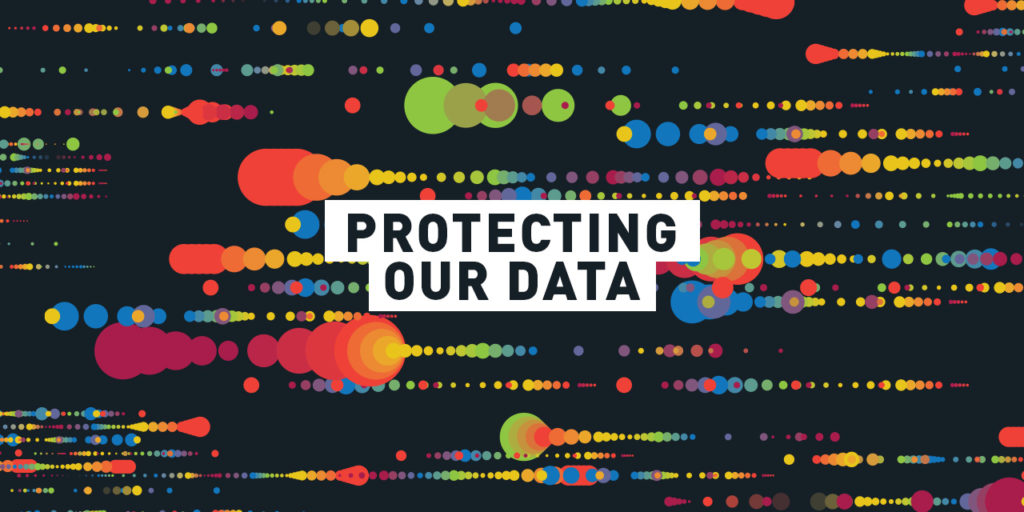Washington D.C. (September 26, 2018) — Today the U.S. Senate Commerce Committee held a hearing to consider data privacy and the potential for new legislation to protect consumers. In advance of the hearing, Access Now wrote to the committee outlining what such legislation must include.
The following is attributable to Amie Stepanovich, U.S. Policy Manager at Access Now:
“As jurisdictions around the world take action to protect user privacy, it is imperative that the U.S. Congress passes a federal baseline privacy law that contains meaningful, affirmative rights. However, by only including corporate voices in this initial hearing, members of Congress have only received a partial picture, both of the risks of continuing without data protection laws, as well as how to best move forward. We are hopeful that Congress will quickly remedy this error with future hearings attended with the same attention and deference as this initial examination, and we look forward to working with members of Congress on strong protections.”
Earlier this year, Access Now published a framework for a U.S. federal data protection law, which should not include pre-emption of stronger state laws or weak definitions of key terms, both ideas that corporate witnesses supported during the hearing.
The following is attributable to Nathan White, Senior Legislative Manager at Access Now:
“It is good to see the U.S. Senate is serious about data privacy and is committed to examining legislation to protect users’ rights. It’s commendable that larger companies, including both ISPs and edge providers, have publicly committed to working toward legislation.
“However, it is clear that today’s hearing was to establish a bargain. Congress will give companies a federal preemption to block state level laws in exchange for support. This deal should not be struck. Congress should start with an examination of human rights and how to protect them. It’s unfortunate that the hearing today did not include civil society or consumer protection groups. And it’s alarming that Senator Thune added letters from industry groups to the record, but not letters from dozens of advocacy organizations.
“The process today was flawed. It began by getting the foxes to agree that the hen house should be protected. Instead, Congress should examine the problem from the perspective of those who are at risk of harm: the users. We look forward to the next hearing.”
